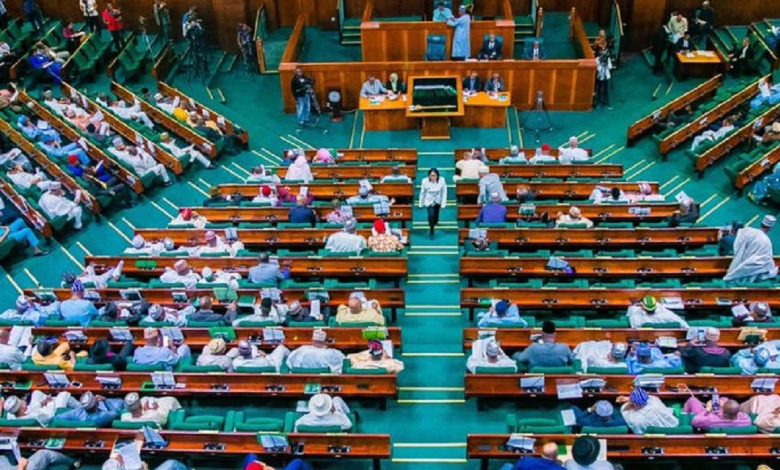The Nigerian House of Representatives is reviewing a new bill aimed at curbing corruption in workplaces by introducing stiff penalties for bribery.
The proposed legislation recommends a minimum prison sentence of seven years or a fine of at least N5 million for anyone found guilty of offering or accepting bribes in professional settings.
Sponsored by Hon. Paul Nnamchi (Enugu East/Isi-Uzo Federal Constituency) and three co-sponsors, the bill is titled “A Bill for an Act to Provide Effective Deterrence and Consequences for Bribery in Workplaces.”
It targets both public and private sectors, aiming to reinforce ethical conduct among employees, officers, and agents across various institutions, including government bodies, private firms, NGOs, and other organizations.
According to the bill, bribery includes the offering, giving, receiving, or soliciting of anything of value—such as cash, gifts, favors, or benefits—as a means to influence workplace decisions or actions.
If passed, individuals convicted of giving bribes could face fines of no less than N5 million—or three times the value of the bribe, whichever is greater—and/or a minimum of seven years imprisonment.
Harsher penalties are proposed for those who solicit or receive bribes, including up to 10 years in prison and equivalent financial penalties.
Public officials found guilty would face dismissal and be barred from holding any public office, elected or appointed, for 15 years.
Corporate entities involved in bribery could be fined a minimum of N100 million.
Directors or principal officers of such companies may also face no less than 10 years in prison.
Additionally, affected firms may have their licenses revoked and be excluded from government contracts for 10 years.
The bill also emphasizes whistleblower protection, requiring all workplaces to establish anti-bribery policies and anonymous reporting systems.
Employers or individuals who retaliate against whistleblowers could face fines of at least N10 million and up to five years in prison.
Furthermore, employers who fail to report bribery within their organizations risk a minimum fine of N20 million and/or a five-year jail term.
To ensure compliance and enforcement, the bill proposes the creation of a Workplace Anti-Bribery Unit within the Economic and Financial Crimes Commission (EFCC).
This unit would be tasked with investigating cases, prosecuting offenders, and monitoring adherence to the law.
All assets and proceeds tied to workplace bribery will be confiscated and redirected to support anti-corruption efforts and economic development programs.
Oversight for the bill’s implementation will rest with the Minister of Justice and Attorney General of the Federation, working in coordination with the EFCC, which will issue regulatory guidelines to support enforcement.
Do you have news for us? Or feedback? Reach us at info@theplenary.com.ng, on WhatsApp: 08126247308, 08050636363

